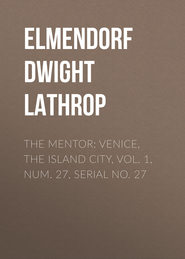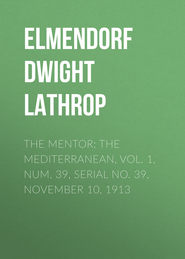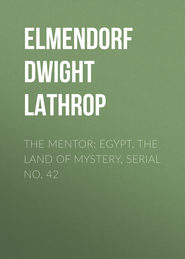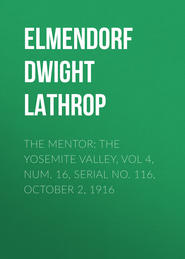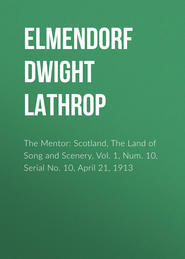По всем вопросам обращайтесь на: info@litportal.ru
(©) 2003-2024.
✖
The Mentor: Spain and Gibraltar, Vol. 1, Num. 31, Serial No. 31, September 15, 1913
Настройки чтения
Размер шрифта
Высота строк
Поля
One night over two centuries ago a band of Spaniards, led by a goatherd, crept up the rock of Gibraltar to St. Michael’s cave, where dawn overtook them, and where they remained all through the next day. As soon as darkness had fallen again they scaled the wall, surrounded the signal house, and in a few moments overpowered the guard. The British in the fortress never dreamed of danger so close at hand. Ropes and ladders were lowered stealthily over the precipice, and the Spaniards, feeling sure of victory, brought up several hundred men for the attack. If all had gone well, Gibraltar might have been in the hands of Spain again before sunrise; but some part of the work was clumsily done, for British sentries caught the alarm, and a body of grenadiers, hastily called together, rushed out upon their midnight assailants. Gibraltar was saved for the British. Some of the Spaniards they hurled over the cliff; the rest surrendered and were taken prisoners.
The history of Gibraltar was for many centuries one of sieges and captures. The rock was first known to the Greeks and Romans as one of the pillars of Hercules; the other, Mt. Abyla, stands on the African shore. But at that period, when ships rarely sailed out of the Mediterranean, the “pillar” was unimportant to any great nation in war. It fell into the hands of Phoenicians, Romans, Carthaginians and Visigoths at different periods in history. Tarik, landing there when he crossed from Africa into Spain, built a castle on the rock, which was therefore called Gebel-al-Tarik (Hill of Tarik), the original form of the name Gibraltar. It fell into the hands of England after the Spaniards and Moors had fought over it for centuries.
Once again, in the great siege that began in 1779 and lasted more than three years, England came dangerously near losing the fortress. Spain and France took advantage of British losses in America to open fire on the Mediterranean stronghold. After the garrison of over 5,000 men had been reduced to starvation, and only the bravery of General Eliott could keep them together, Gibraltar was bombarded from the mainland. Just when his command seemed lost under the strain of attack and of hardships endured so long, the Scotsman led his troops to the attack, and, taking the much larger Spanish army by surprise, drove them back and burned their fortifications. Again Spain and France attacked from the sea; but Eliott burned their ships with redhot cannonballs. The struggle was renewed from time to time all during the siege, until at last peace was proclaimed. General Eliott, returning home, was received with the highest military honors for his courage.
England has been offered all of Spain’s possessions in Africa in exchange for the one great sterile rock; yet nothing will induce her to give up that hold on the gate of the Mediterranean.






